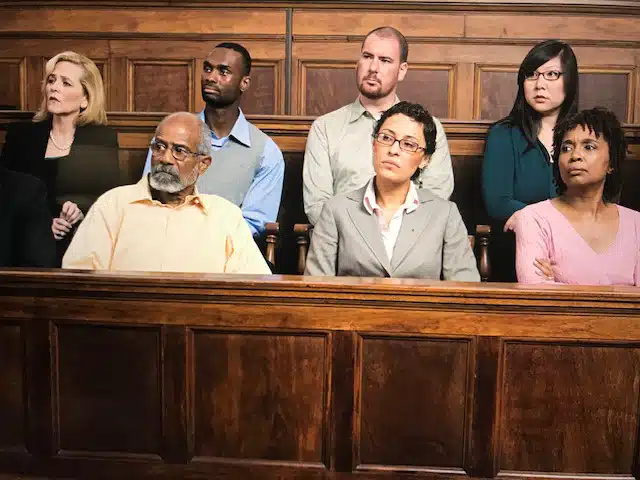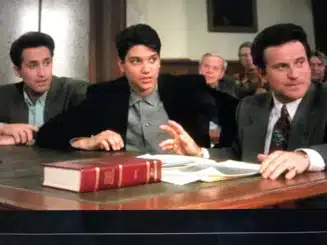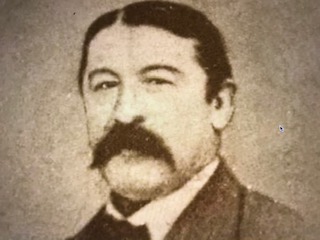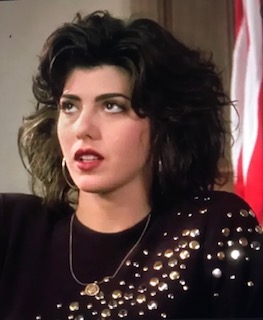How Jurors Decide Who to Believe in Criminal Trials
Posted by David C. Hardy on April 7, 2021

In most trials, jurors must decide whether or not they believe that a witness’s testimony is accurate.
The Credibility of a Witness can Determine the Outcome of a Criminal Trial
There are some facts that members of a jury can determine without having to weigh the credibility (or believability) of a witness. For example, if a trial includes a video or audio recording, the jury can trust their own eyes and ears. However, in most trials, jurors must decide whether or not they believe that a witness’s testimony is accurate.

Attorney Vincent Gambini defending his clients.
In the movie My Cousin Vinny, Vinny Gambini (actor Joe Pesci) is a recent law school graduate with no trial experience who travels from New York to Alabama to defend his nephew, who is falsely accused of murder.
At the trial, one man testifies that as he looked out the window of his house, he saw Vinny’s nephew fleeing the scene right after the murder. However, Vinny points out to this witness (and more importantly to the jury) that in order to identify Vinny’s nephew, the witness had to look through a rusty screen, a dirty window, some trees, some leaves, and seven bushes. Vinny’s goal was not to convince the jury that the witness was lying – rather Vinny’s goal was to convince the jury that the witness’s view was obstructed, and that he could have been mistaken with his identification.

Amasa Sprague was murdered in 1843 in Rhode Island. The trial judge that handled his murder case instructed jurors to consider the national origin and religion of the witnesses in assessing their credibility.
To help guide jurors to assess the credibility of witnesses, judges throughout the history of the United States have provided jurors with instructions. Those instructions have evolved over time, and they have not always been helpful or fair. For example, in a famous 1844 murder trial, a Rhode Island trial judge told members of the jury that they should believe the testimony of native-born United States citizens more than the testimony of Catholics born in Ireland (the two defendants in the case were Irish Catholics). Today, no Tampa judge would ever give that sort of instruction to a jury.
What are some of the factors that Tampa federal criminal judges tell jurors to take into account as they assess the credibility of a witness?
Tampa federal judges tell jurors in federal criminal cases that they may take into account a variety of factors when deciding whether or not to believe a witness, including:
• Whether the witness had the opportunity and ability to see or hear or know about the facts of the case.
• Whether the witness had a good memory.
• Whether the witness had an interest in the outcome of the case.
• Whether the witness had any bias or prejudice.
• The reasonableness of the witness’s testimony in light of all the evidence.
• Whether other evidence contradicted the witness’s testimony.
• Whether the witness made a statement in the past that was different from how they testified in court.
• Whether the witness has in the past been convicted of a felony or a crime involving dishonesty or a false statement.
What is an expert witness and how do jurors weigh their credibility?
An expert is a person who has special training or experience in a specific field. For example, at a federal criminal trial for drug trafficking, the government might call an expert in drug analysis to identify a certain drug. Also, in a federal criminal trial for felon in possession of a firearm, the government might call an expert in firearm identification.
Experts are allowed to state their opinion about matters related to their area of expertise. Either the prosecution or the defense may call an expert witness to testify. Expert witnesses help the jury understand scientific, technical or other specialized areas.

Ms. Mona Lisa Vito testifying as an expert in My Cousin Vinny.
Judges instruct jurors that don’t have to accept the witness’s opinion. As with any other witness’s testimony, jurors must decide for themselves whether to rely upon the expert’s opinion.
For example, in My Cousin Vinny, Vinny’s girlfriend, Ms. Mona Lisa Vito (actress Marisa Tomei), testifies as an expert regarding automobiles. To qualify as an expert, Ms. Vito did not have to have a diploma in auto mechanics – she simply needed to have sufficient experience as a car mechanic to be considered an expert. Because Ms. Vito had worked at her father’s garage doing tune-ups, oil changes, break repairs, engine rebuilds, and transmission overhauls, the judge accepted her as an expert, and she was permitted to testify at trial.
Posted in Criminal Procedure, Federal Criminal Defense

David C. Hardy
David C. Hardy is a criminal defense attorney with offices in Tampa, Florida. He is a former prosecutor that is Board Certified by the Florida Bar and The National Board of Trial advocacy as an expert in criminal trial law. He practices in the areas of federal criminal defense, Florida criminal defense, and Florida DUI defense.
